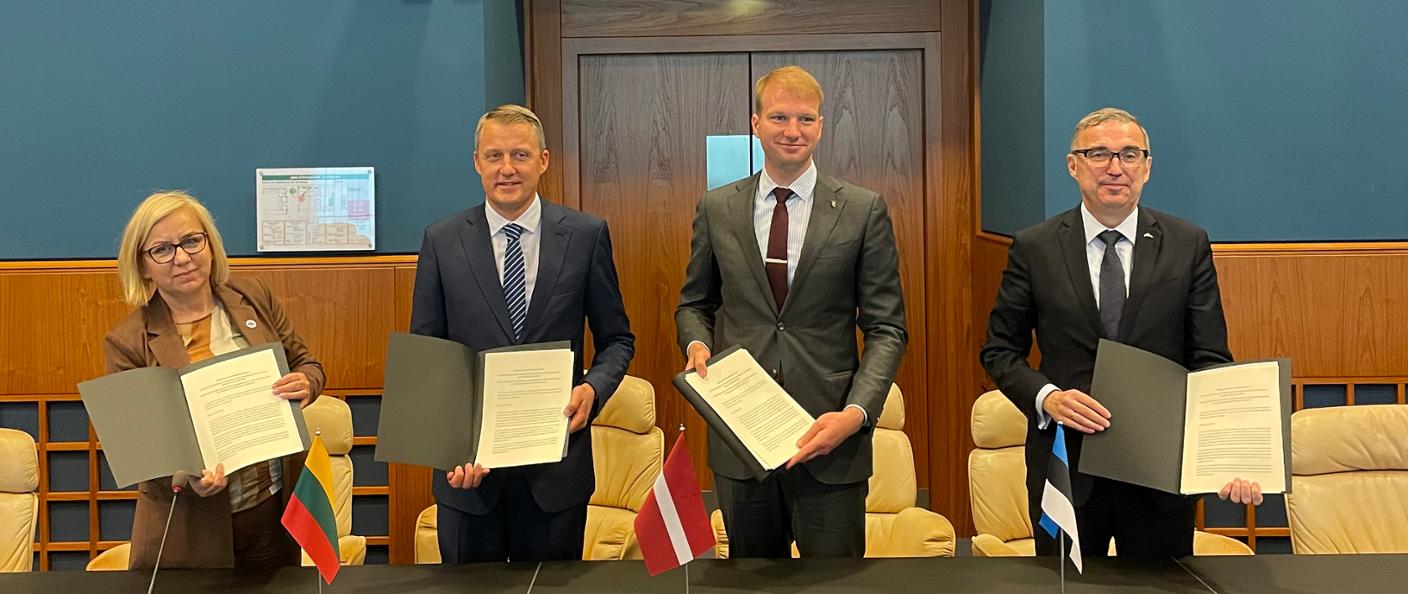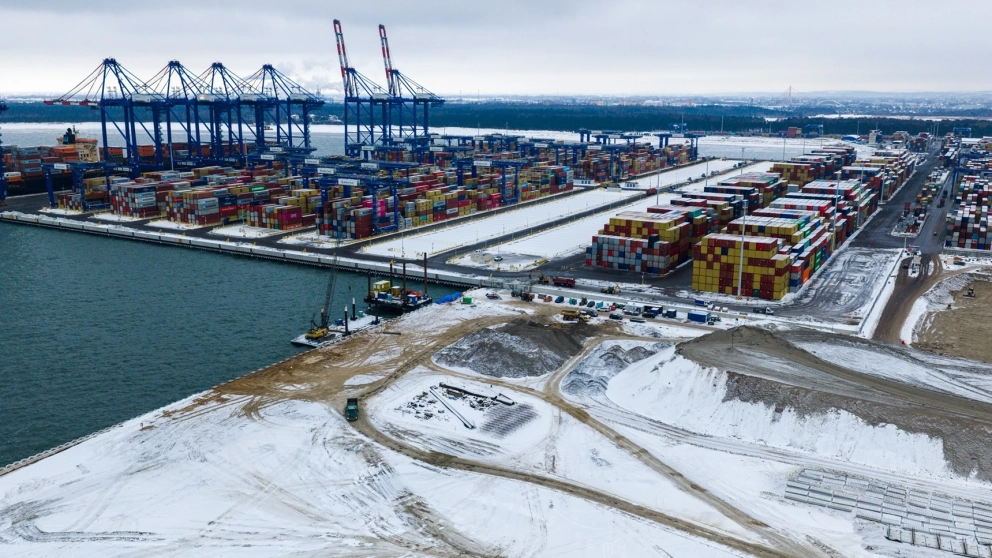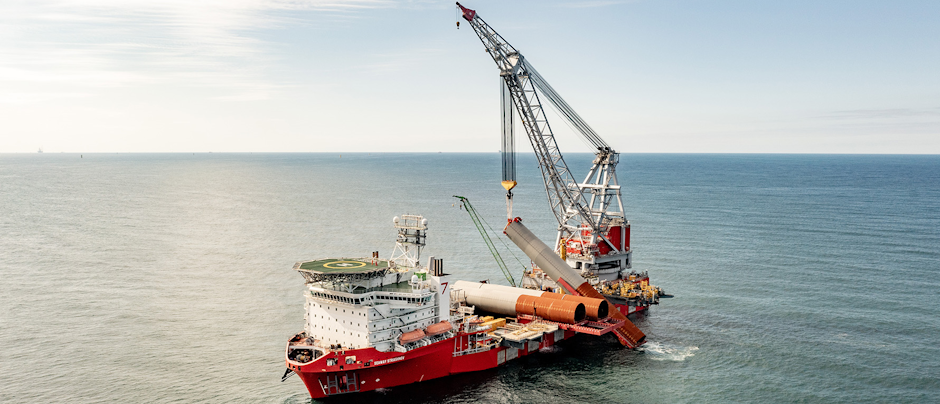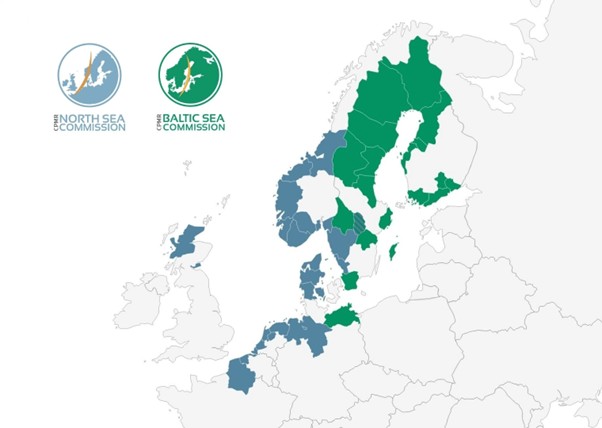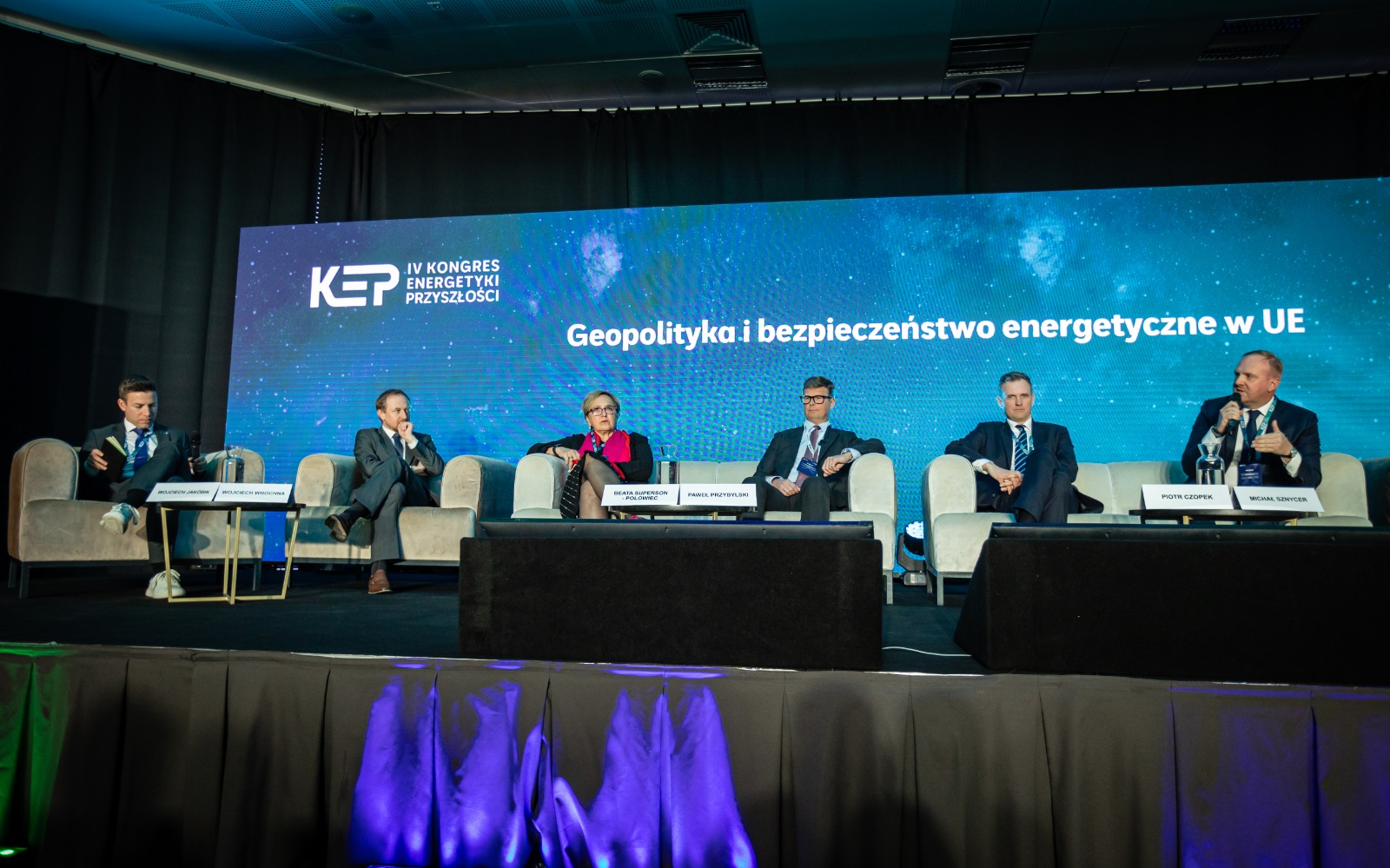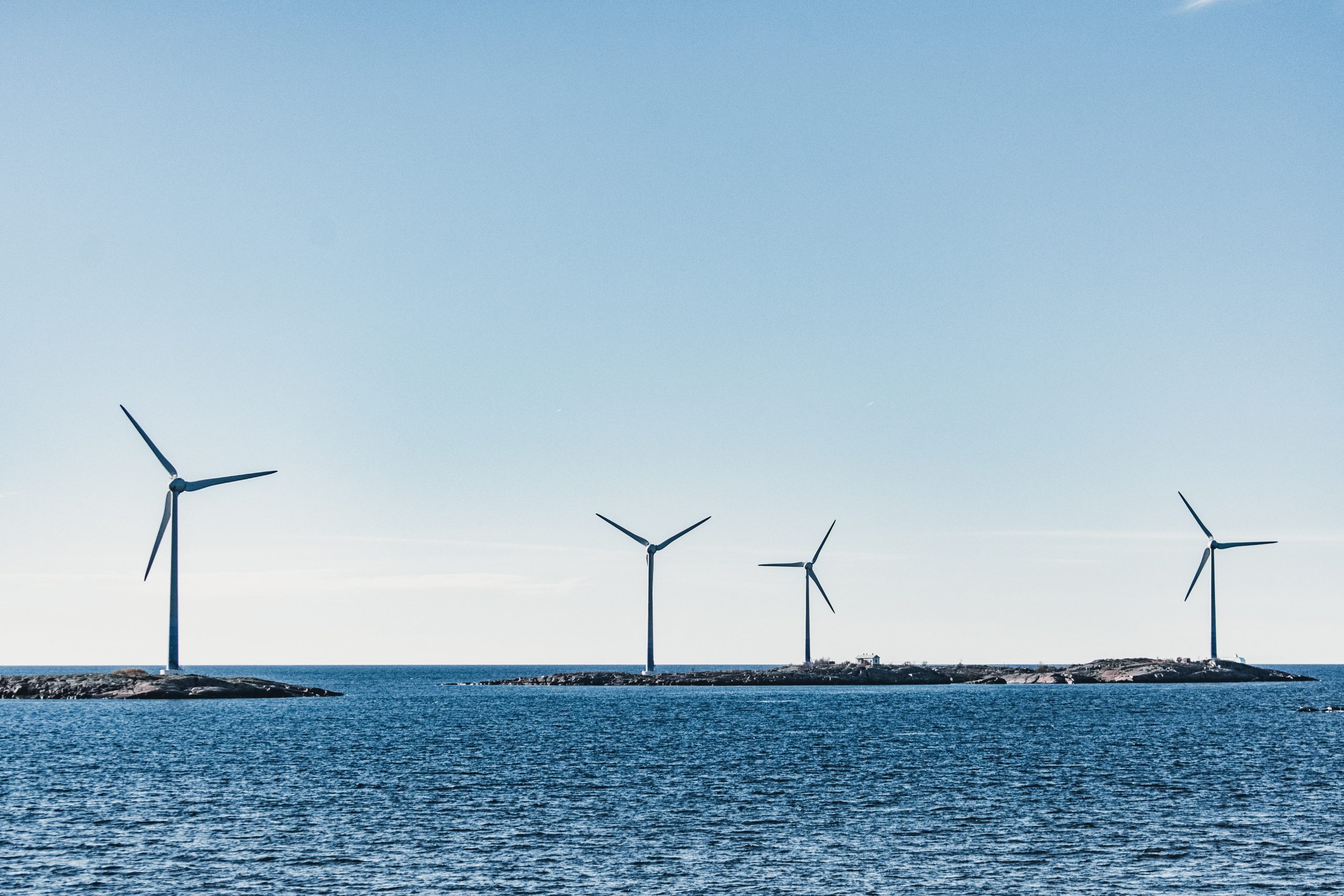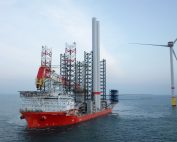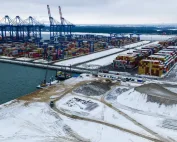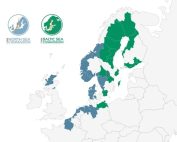In response to growing geopolitical threats and the importance of energy security for regional stability, Poland, Estonia, Lithuania, and Latvia signed a Memorandum of Cooperation on the Protection and Resilience of Energy Infrastructure, with particular emphasis on subsea infrastructure, on June 16, 2025.
KEY INFORMATION
Purpose of the memorandum: to strengthen cooperation in the protection of energy infrastructure (especially subsea infrastructure) through:
- joint preventive measures,
- threat detection,
- incident response,
- deterrence of potential adversaries.
Key actions envisaged in the Memorandum:
- development of mechanisms for rapid information exchange,
- organisation of joint exercises and coordination of crisis response.
With the signing of the memorandum, an inter-country and inter-institutional working group was established to work on the protection and resilience of energy infrastructure, with a particular focus on subsea infrastructure. Its activities will focus on joint activities in the areas of prevention, detection, and response to potential threats to critical infrastructure—both land-based and offshore—from physical, cyber, and other threats.
The energy security of the Baltic Sea region requires close international cooperation, especially after the synchronization of the Baltic states with the European system. By protecting infrastructure and increasing its resilience through joint efforts, we are increasing our security, said Polish Minister of Climate and Environment Paulina Hennig-Kloska.
On February 9, 2025, Estonia, Latvia, and Lithuania synchronized their power systems with the European synchronous area (CESA) via Poland, completing a long-term process of energy integration with the EU and making the region independent of the Russian system.
The joint efforts of Poland and the Baltic states, carried out with the active participation of the European Commission, focus on four pillars of infrastructure protection: prevention, detection, response, and deterrence. The initiative is also a response to incidents in recent years, such as damage to EstLink 2 and Balticconnector.
In addition, transmission system operators have concluded a technical cooperation agreement, and the governments of the region have updated the BEMIP (Baltic Energy Market Interconnection Plan) Memorandum, confirming their willingness to continue integration and investment in critical infrastructure.
Source: Ministry of Climate and Environment
